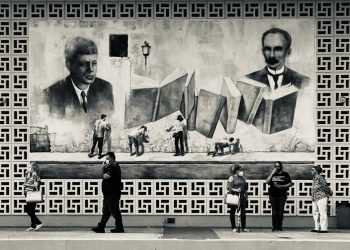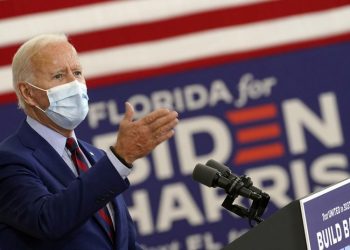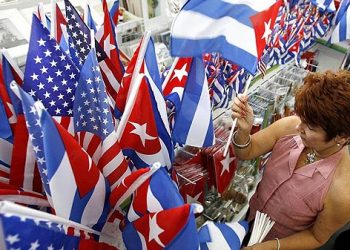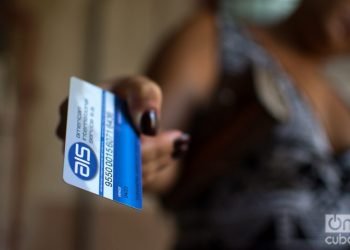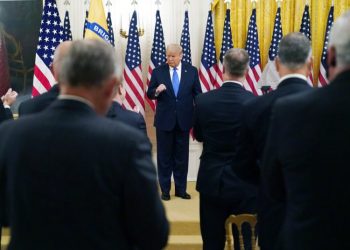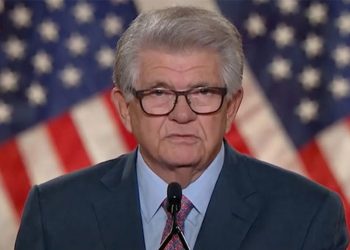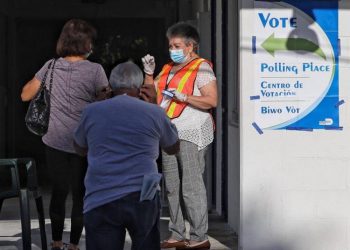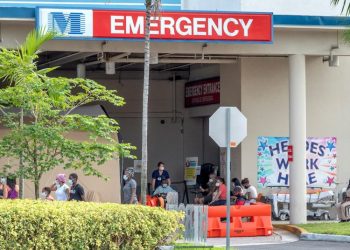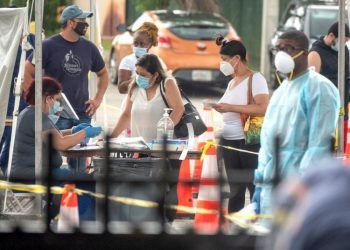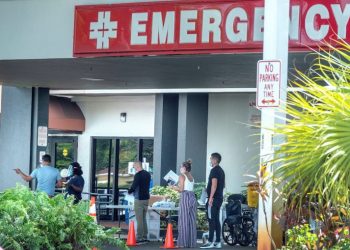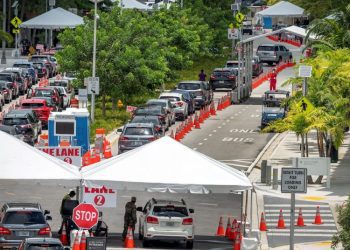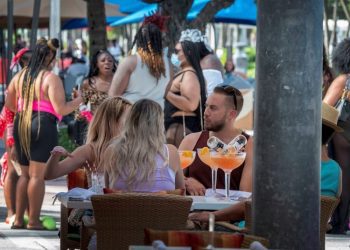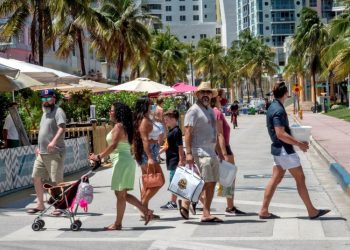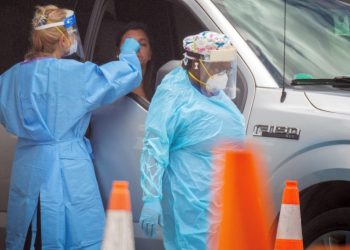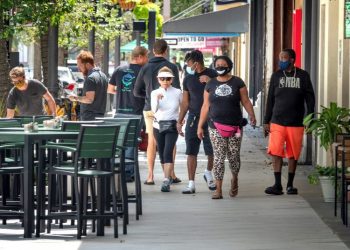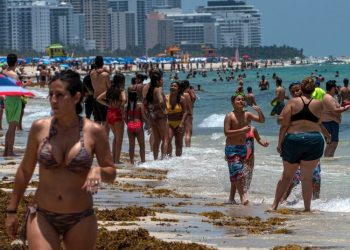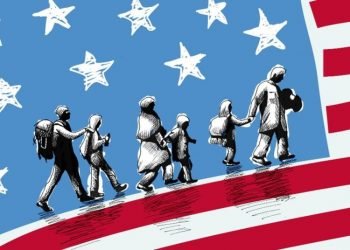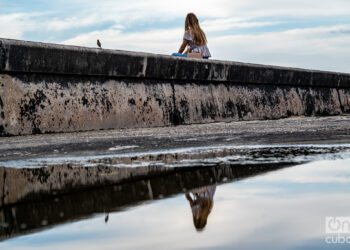The emotive Cuban American vote for Donald Trump in Miami
In the parking lot of the John F. Kennedy Library, where a voting center has been installed for the 2020 elections, all existing rules are violated in an electoral process. Electoral propaganda is biased, only in favor of President Donald Trump. It is located less than half the authorized distance, which is 150 feet. Political sergeants proselytize close to the voting line. Voters appear with caps, t-shirts or masks in favor of the president. Anyone who favors Democratic candidate Joe Biden is rejected immediately and with disdain. “The Democrats are traitors,” explains Héctor, a Nicaraguan evangelical who proudly displays a Trump propaganda mask and begins a short conversation with reporters trying to explain his reasoning. When asked why they are traitors, he answers: “They are traitors to God.” How? “I don’t know,” interrupts a lady who stands next to him carrying a “Trump 2000” banner. Hector, the Trump supporter who accuses Democrats of being traitors to God. Photo: Alfredo Prieto Héctor tries to resolve the matter with a long paragraph. “The president is the one who is going to liberate us Cubans, Venezuelans, Nicaraguans. He is our president.” And the matter goes no further. When the conversation returns to the...


